Podiatrists are specialists of the foot, and as such treat all manner of conditions which affect the skin, nails, muscles, joints, tendons, nerves and circulation of the foot. As you can imagine that is quite a lot, which is why to become a Podiatrist a degree in podiatric medicine is required. Podiatrists can perform minor surgeries with the use of local anaesthetics, and some can dispense prescription only medicines when required, they really are a complete service for foot problems.
The most common conditions treated by podiatrists are problem nails (including ingrown toenails), corns and callus, verrucae and heel pain. The majority of people will suffer from foot pain at some point in their life, and podiatrists are always keen to tell us that foot pain is not normal, and is something we shouldn’t put up with.

Podiatrists may have entitlements to use certain prescription only medicines in their practice meaning you get the right treatment at the right time.
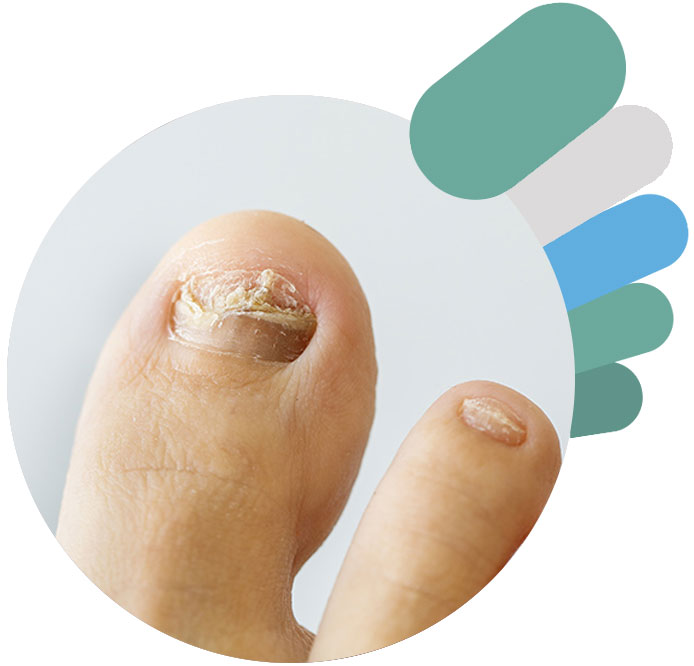
Toenails can cause problems for some people if they become infected or change their shape. Podiatrists are the experts who have the solutions for these problems.
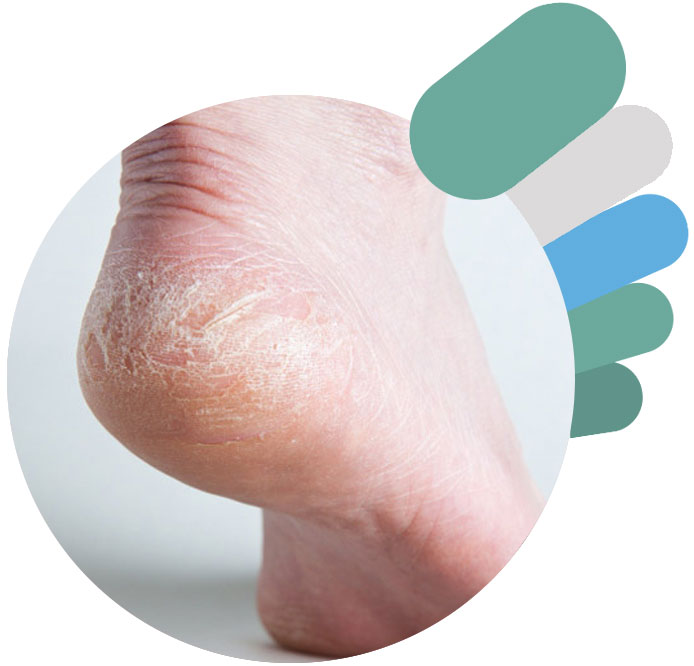
Podiatrists may have entitlements to use certain prescription only medicines in their practice meaning you get the right treatment at the right time.
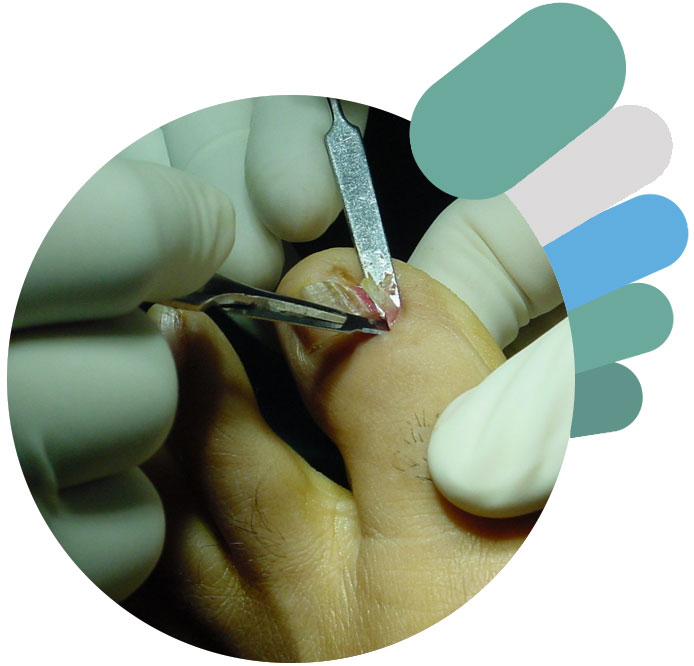
Podiatrists can perform procedures under local anaesthetic to help resolve common complaints including ingrown nails and verrucae.
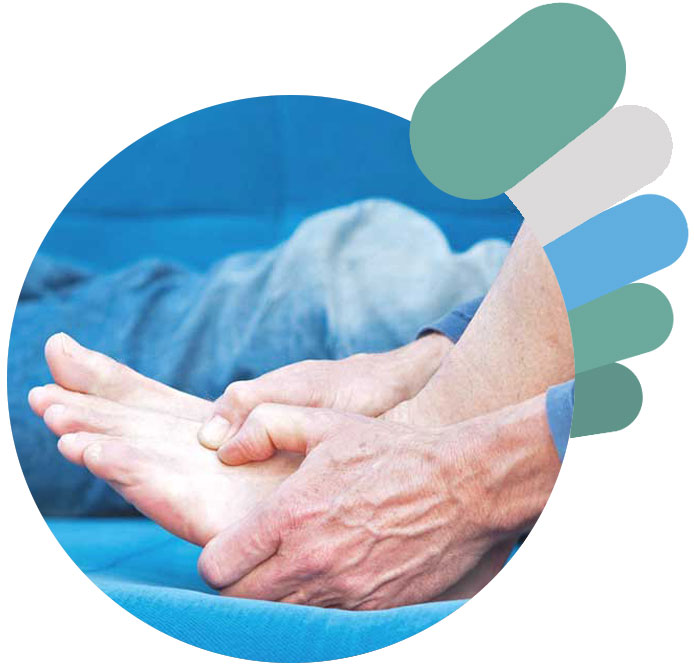
Joints, muscles and tendons can all become injured, podiatrists are the people to see if you have foot pain.

A cure for ingrown toenails, podiatrists perform this procedure under a local anaesthetic to cure this condition.
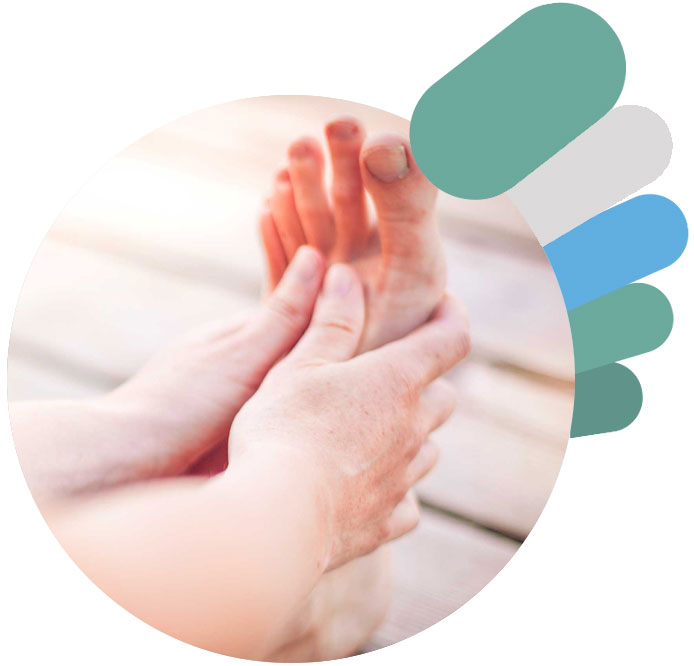
Diabetes can affect the feet due to problems with sensation and blood supply. Podiatrists are the professionals to see to assess your risk and give appropriate advice.
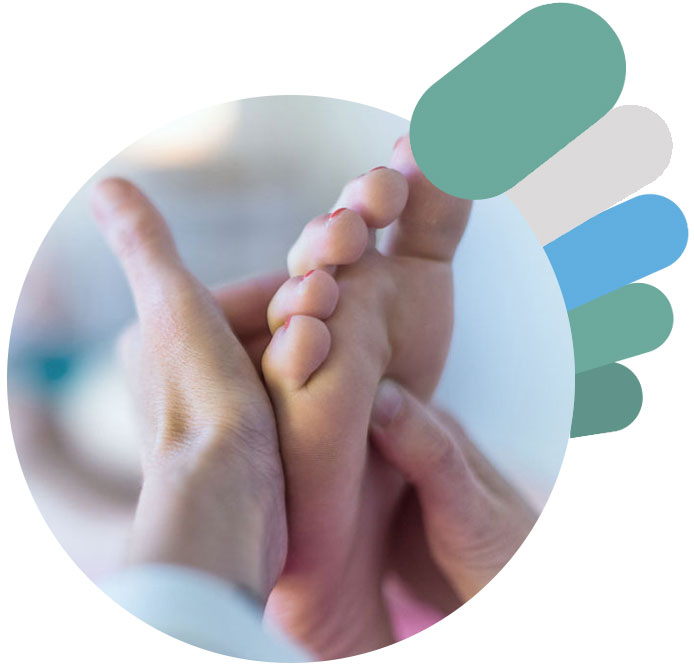
Podiatrists may offer orthoses, manipulations, mobilisations, exercise prescription and analgesia to help with conditions affecting muscles, tendons and joints.